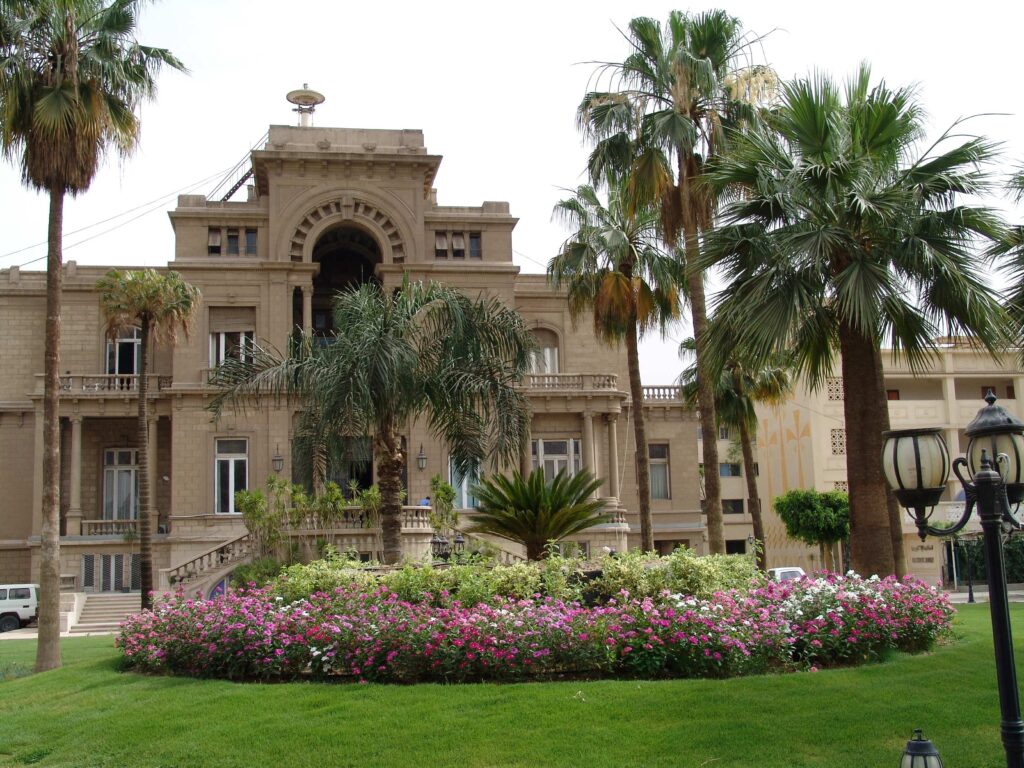Arab Research & Innovation Co-Funded Alliances (ARICA), announced that Desert Research Center has been selected for funding two projects out of 29 projects submitted by all Arab countries
The winning projects are: A project entitled “Optimal management of water, energy, food and ecosystem links using nature-based solutions and innovations in some countries of the Arab world”, presented by Dr. Mohamed Al-Sayed Al-Hajari (Assistant Professor in Water Resources and Desert Lands Division, Desert Research Center), as a project shared between Egypt, Iraq, Morocco, Tunisia and Oman
The other project is entitled “Genome and transcriptome wide association studies integrated with metabolome of anonymous females of Date Palm in Egypt, Syria, and Qatar to reveal key genes and essential metabolic pathways involved in high-quality fruits traits and verified in transgenic tomato”, presented by Dr. El-Sayed Nishawy (researcher in Ecology and Dry Lands Agriculture Division, Desert Research Center), as a joint project between Egypt, Syria and Qatar
It is worth noting that “Arab Research & Innovation Co-Funded Alliances (ARICA)” is one of the programs of the executive plan of Federation of Arab Scientific Research Councils (one of the joint Arab action organizations). And is supported by a number of Arab entities such as the Union of Arab Universities and also international institutions, such as UNESCO, ISESCO, ALECSO and others
The initiative aims to create distinguished and integrated Arab research teams, that can make an effective impact on the ground, with the help of all scientific research institutions in the Arab region. While the Union is responsible for providing logistical support, following up on the implementation and promoting these alliances to help them obtain research grants from donors
Dr. Hosam Shawky, President of DRC, stated that unifying Arab efforts to develop innovative solutions to face challenges of agricultural development is the ideal solution to achieve sustainable and effective participatory development, given the similarity of environmental conditions in Arab countries


